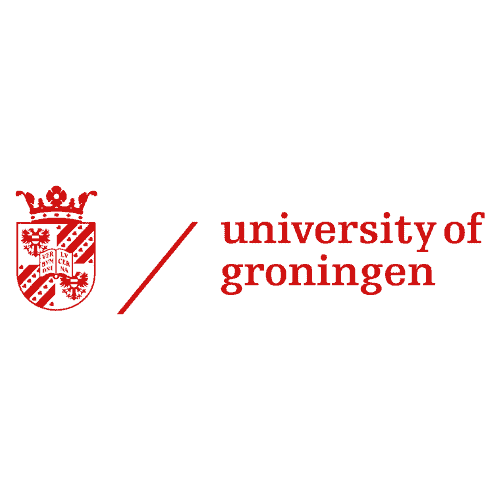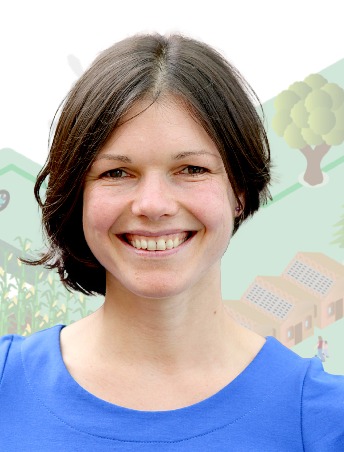- Learn about public participation in decision-making on energy
- Find out about how people want to be involved
- See how it affects the acceptability of the decision-making and its outcomes
Environmental psychologist Goda Perlaviciute from the University of Groningen explains that while town hall meetings may seem ideal for supporting local green energy projects, they don’t always deliver expected results. Involving individuals in these projects and discussions presupposes eventual project acceptance. However, people’s values and views significantly influence their willingness to participate in decision-making processes.
Research shows that public participation varies depending on the project’s stage, from national visions to local plans. Initially, those concerned about the environment are more likely to participate, but as projects become more concrete, opponents become more engaged than supporters, leading to less effective participation.
Timing is crucial. “Fake participation” occurs when people feel consulted only after key decisions are made. Conversely, involving people early may be challenging due to low motivation.
Governments, including many in Europe, are experimenting with citizen assemblies to engage citizens early in decision-making. Initial findings suggest that when assemblies reflect the population and allow citizens to influence outcomes, they show promise for increased public participation.



